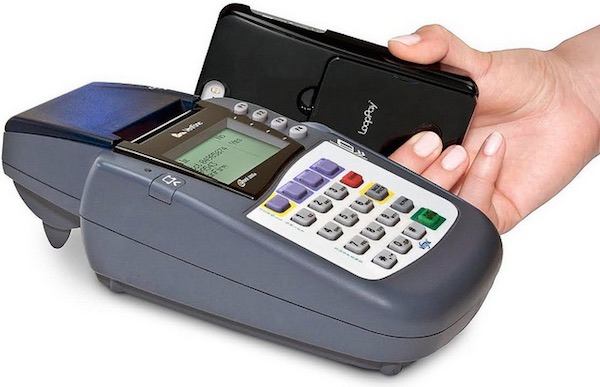Samsung appears to be ramping up its effort to conquer the mobile payment market with a reported recent acquisition of LoopPay for a whopping $250 million in a move to consolidate the payment platform into Samsung Pay.
The Korean tech giant is scheduled to debut Samsung Pay later in 2015, so the acquisition of a popular mobile payment provider such as LoopPay just makes sense. Given the growing market rave over the mobile payment technology, the LoopPay valuation just sounds pretty much justifiable as well. But that does not seem to stop at it, with some analysts expecting a greater markup for the startup as LoopPay exceeds performance expectation.
The Massachusetts-based company’s merger with Samsung heralds the Korean phone maker’s resolve to take on other big entrants to the market such as Google and Apple, which are betting on their Wallet and Apple Pay offerings, respectively.
With LoopPay, users will have to place hardware on their mobile device in order to make in-store purchases. Once the acquisition pulls through, Samsung will be enabling its vast pool of users to shop comfortably by just tapping their Galaxy S6 smartphones in order to make the payment.
Platform compatibility would not be an issue once LoopPay integrates with Samsung Pay. The technology works in the same way that card swipe systems do when someone pays for an item or service using a credit or debit card.

How does the LoopPay system differ from that of Google and Apple? Google Wallet and Apple Pay work based on the idea of an up-to-date check-out tool, which means both services won’t be compatible with a payment equipment that’s not updated. LoopPay’s compatibility is far wider than that.
Samsung also intends to make the near field communications technology compatible with its mobile payment platform. NFC is gaining traction in the United States already, so it’s understandable why Samsung or any other tech company for that matter would wish to seize the top spot in the race.
But an obstacle appears to be blocking Samsung’s way into the U.S. market, where big wireless carriers have already partnered with Google to introduce NFC-based payment systems. Most phones running the Android operating system are pre-installed with NFC prior to their shipping. So any additional offering from Samsung would seem redundant, and could rather receive a cold shoulder from the intended customers.
Nonetheless, LoopPay hopes that its technology could snatch nine out of 10 payment terminals in the U.S. anytime soon.



